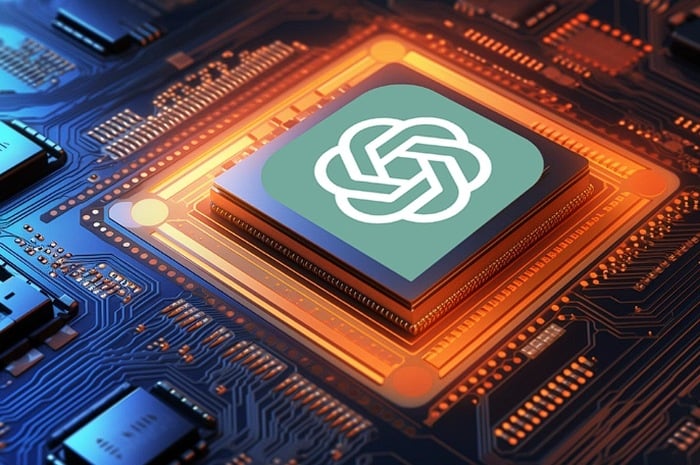OpenAI, a leading artificial intelligence research lab, is reportedly considering the development of custom AI chips to address its ongoing struggle with GPU supply. This move, while potentially beneficial, is fraught with challenges and complexities. It reflects a broader trend among large tech companies, such as Tesla, Apple, and Huawei, who are increasingly designing custom silicon chips in-house. However, the path to successful chip design and production is not straightforward and involves significant investment, time, and expertise.
The supply of GPUs, which are critical for training AI models, has been a persistent issue for OpenAI. The demand for these chips has outpaced supply, leading to a bottleneck in AI system scaling. This has prompted OpenAI to explore alternatives, including the development of its own AI chips. However, replacing Nvidia GPUs, which are currently the industry standard, with high-performance custom chips is a complex task. It involves designing circuits, taping out the chip, designing the compiler, and creating a high-level framework for training AI models.
OpenAI AI chips
Other articles you may find of interest on the subject of OpenAI :
The time required to design and produce a useful chip is substantial. Estimates suggest that it could take OpenAI between 3-5 years to develop a chip that could effectively meet its needs. This timeline is not unusual in the chip industry. For instance, Tesla embarked on a similar project in 2021 to design its own AI accelerators in-house. However, as of 2023, this project is still in development, demonstrating the lengthy process involved in chip design and production.
Even if OpenAI successfully designs its own AI chips, it would still face the challenge of securing wafer fabrication capacity. This is a competitive space, with tech giants like Nvidia and Apple also vying for the same resources. The competition extends beyond fabrication capacity, with companies like Intel and AMD also showing interest in the lucrative AI chip market.
Graphcore IPU
Given the high stakes and low probability of success in chip design, OpenAI may consider acquiring an AI chip startup. Companies like Graphcore or similar, which already have experienced teams and established processes, could be potential acquisition targets. This approach could potentially expedite OpenAI’s entry into the AI chip market.
Collaboration is another avenue that OpenAI could explore. For instance, a partnership with AMD could result in the design of customized chips specifically tailored to OpenAI’s workloads. This approach could leverage AMD’s existing expertise and resources, reducing the time and investment required for OpenAI to develop its own chips.
Microsoft Athena AI chip
Interestingly, Microsoft is also reportedly working on its own AI chip, Athena. This move is largely driven by Nvidia’s dominance in the AI chip market, which currently controls over 80% of the market share. If successful, OpenAI could potentially use Microsoft’s chip for their workloads, providing another alternative to the current GPU supply issue.
The high demand for AI chips is driving many companies to develop their own custom silicon. This trend is likely to continue as AI applications become increasingly prevalent and the need for high-performance chips grows. However, the competition is fierce, with Nvidia continuously working on the next generations of their AI accelerators. This makes it challenging for new entrants to the market, including OpenAI, to gain a foothold.
OpenAI’s potential development of custom AI chips represents a significant shift in its strategy to address its GPU supply issues. However, the path to successful chip design and production is fraught with challenges, including the complexity of the design process, competition for wafer fabrication capacity, and the heavy investment required. Whether OpenAI chooses to develop its own chips, acquire a startup, or collaborate with another company, it will be a significant undertaking that will shape the future of the organization and potentially the broader AI chip market.
Filed Under: Technology News, Top News
Latest aboutworldnews Deals
Disclosure: Some of our articles include affiliate links. If you buy something through one of these links, aboutworldnews may earn an affiliate commission. Learn about our Disclosure Policy.







